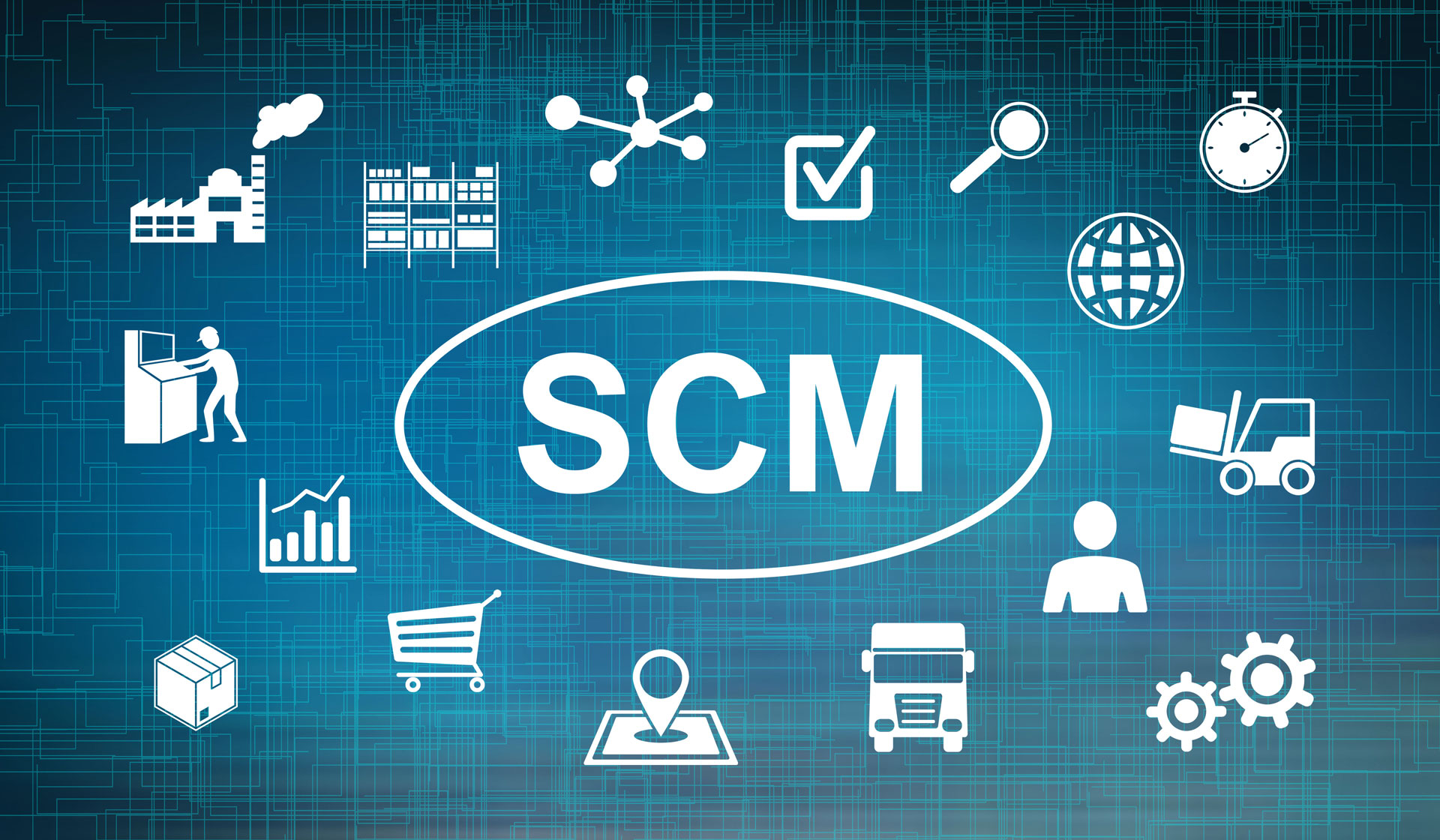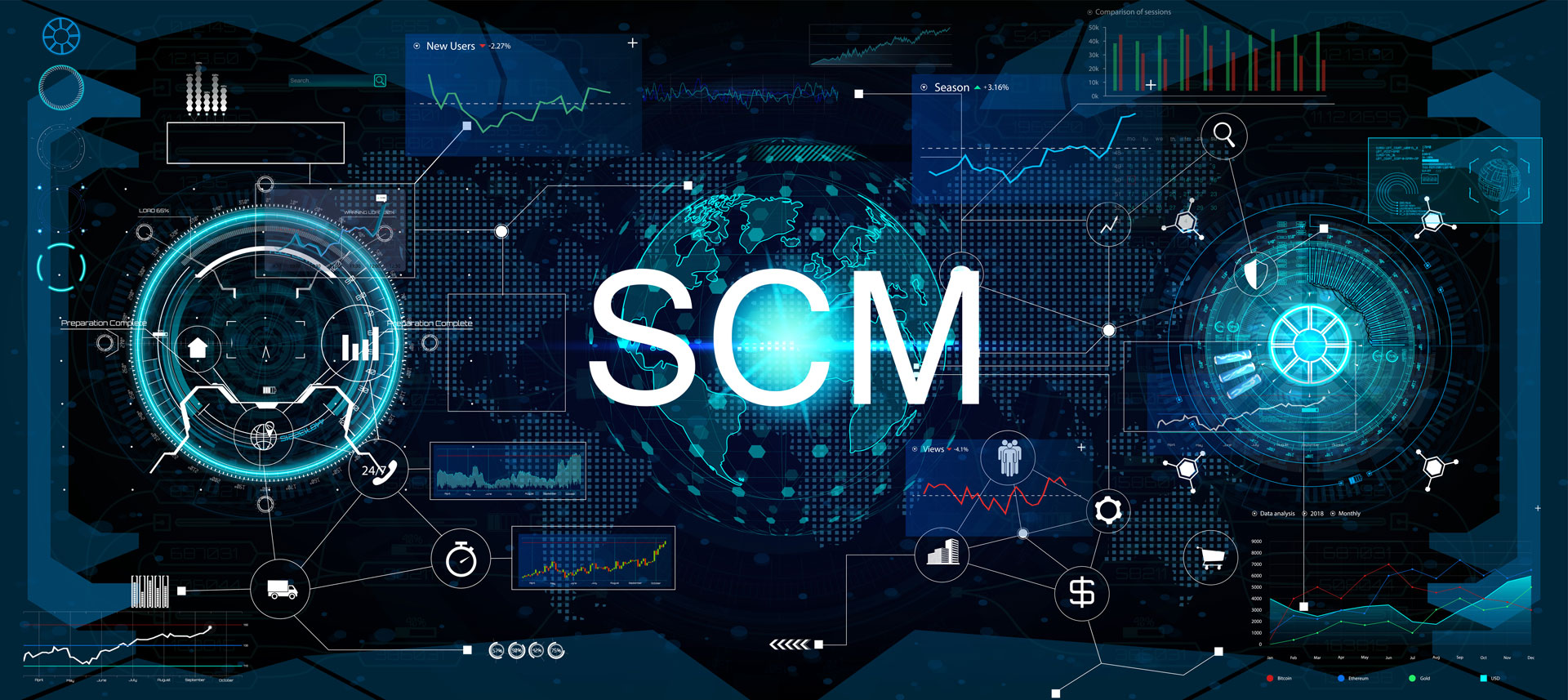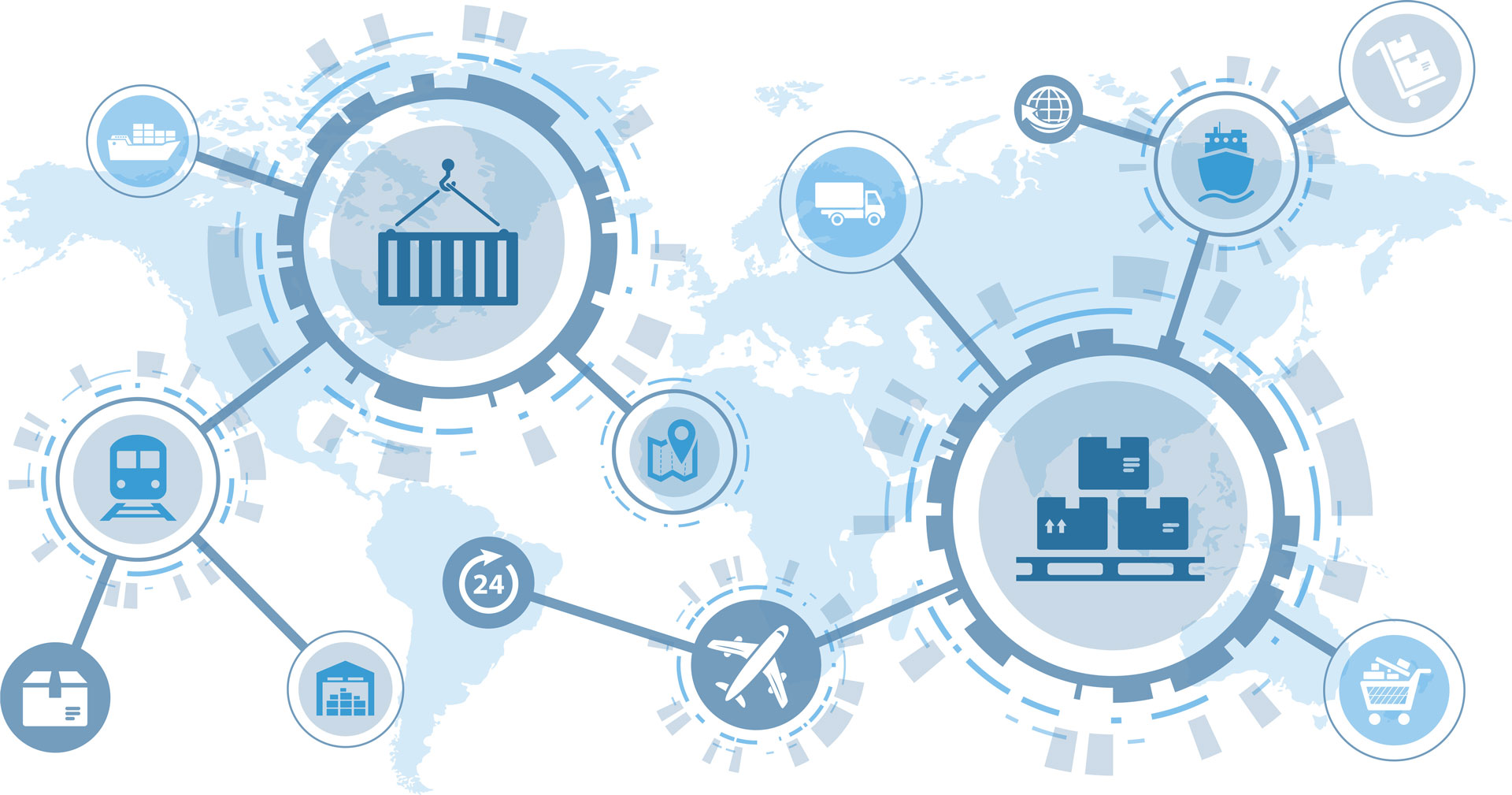SCM
SCM
It includes materials handling and software for all parties involved in product and service production, order fulfillment, and information tracking, such as suppliers, manufacturers, wholesalers, transportation and logistics providers, and retailers.
-

The Impact of Disasters on Supply Chain
In 2019, nobody knew the wave of chaos and disruption that would come in 2020. While the situation could not have been foreseen, companies could certainly have been better prepared. The COVID-19 pandemic has shown businesses worldwide just how vulnerable and outdated some of their supply chain processes can be. Companies that have integrated artificial intelligence, machine learning, and predictive analytics into their SCM systems can make smarter decisions and improve their resilience by quickly responding to unforeseen circumstances.
-

Eco-friendly Supply Chain
Integrating environmentally friendly practices into supply chain management (SCM) can revolutionize product design and material sourcing, as well as manufacturing, logistics, shipping, and end-of-life disposal measures for products and equipment. In a circular supply chain, not only recycling methods for discarded products such as plastics and electronic components are explored, but also ways to use them for other purposes.
-

Supply Chain Transparency
Clients are more knowledgeable about the global economy than ever before and are eager to do business with companies known for ethical supply chain practices and policies. To establish supply chain transparency and sustainability, technologies such as blockchain and tracking sensors are being used. Clients can verify the origin and source of every link in the latest supply chain, from ethically sourced raw materials and labor used in production to the fuel used in shipping trucks.
